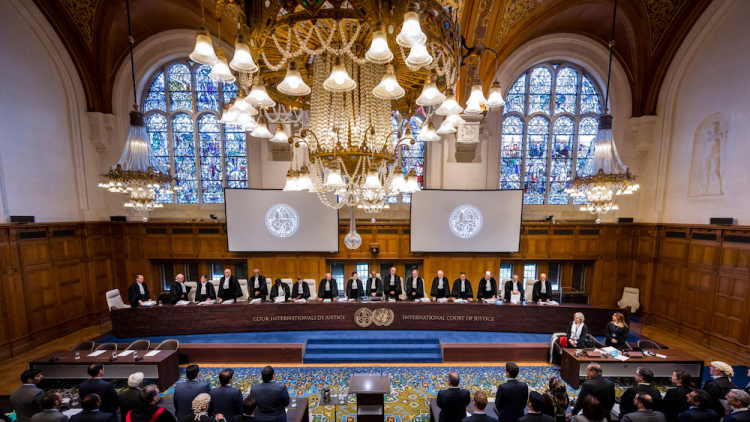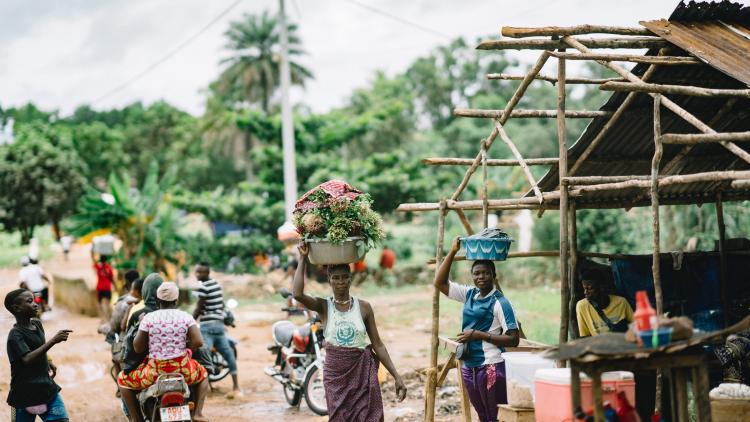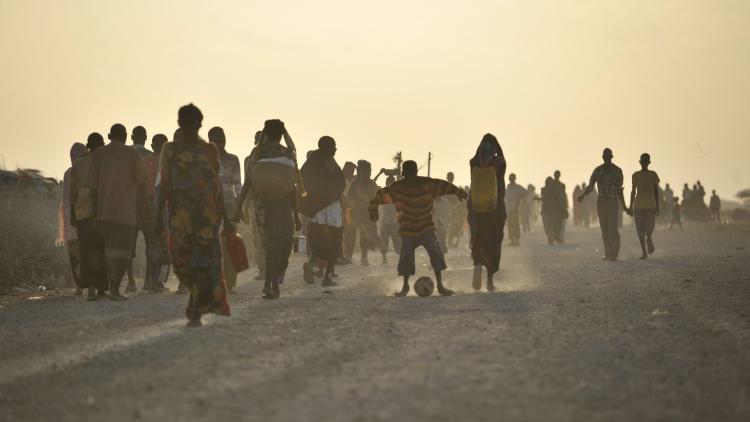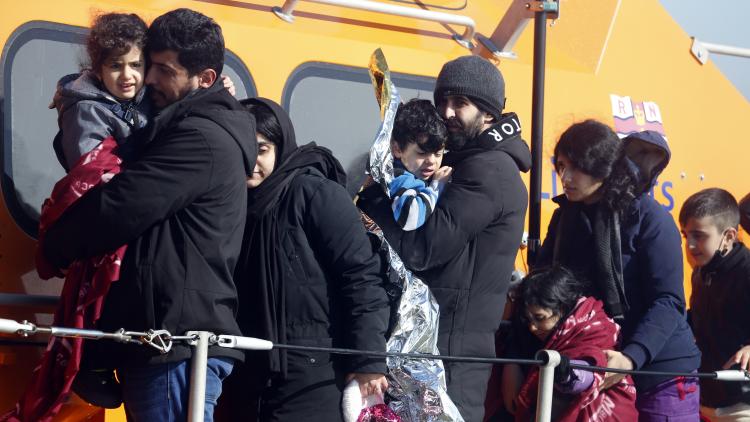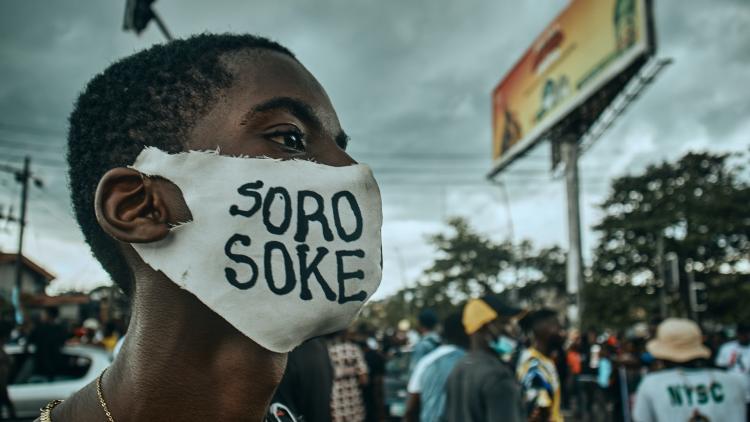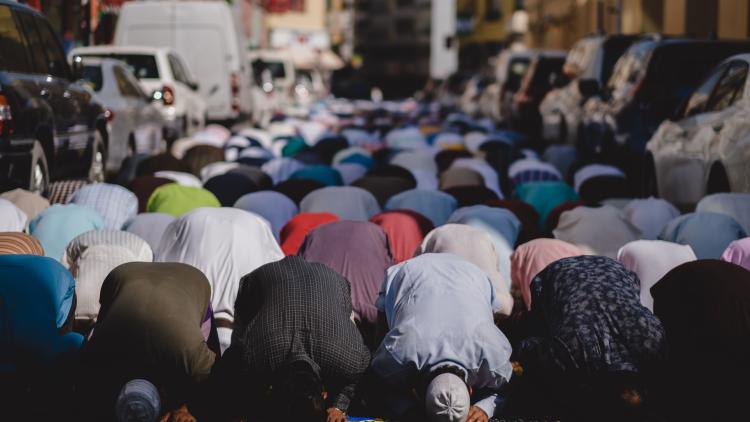MA Islamic Law
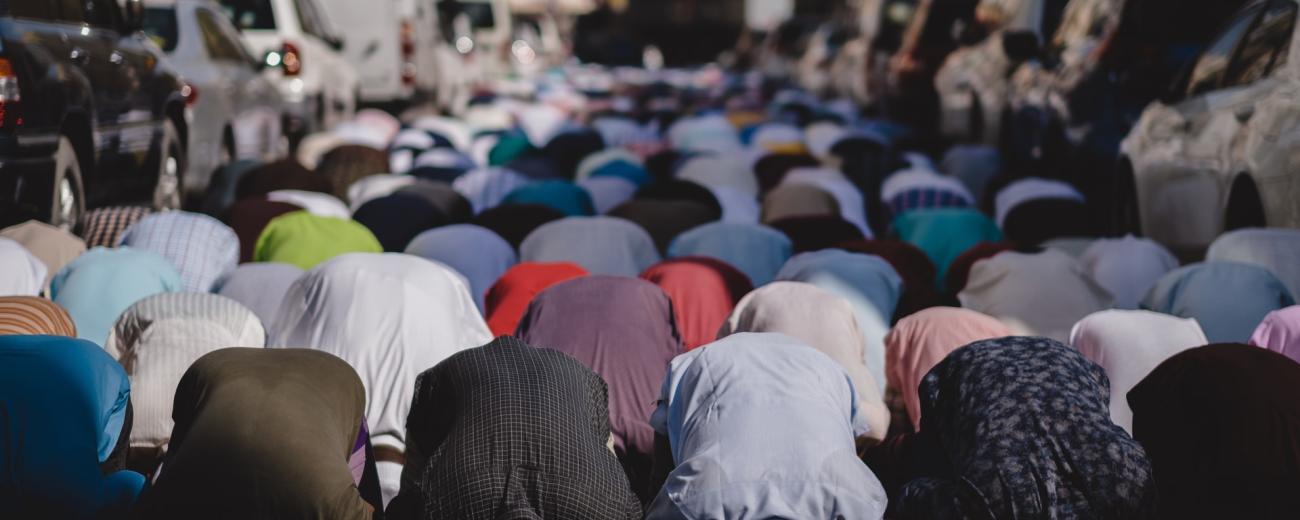

Key information
- Start date
- Duration
- 1
- Start of programme
- September
- Attendance mode
- Full Time
- Location
- SOAS on Campus
- Fees
-
Home student fees: £15,130 per year
Overseas student fees: £25,740 per yearPlease note that fees go up each year.
See postgraduate fees for further details. - Course code
- M3T5
- Entry requirements
-
A 2:1 degree in a relevant undergraduate degree.
If you have a lower degree classification, your application may be considered if you can present a strong case, either through relevant work experience, other legal qualifications, or a strong supporting statement. References are not required, but can help build a stronger application if you fall below the 2:1 requirement or have non-traditional qualifications.
See international entry requirements and English language requirements.
Course overview
The SOAS MA in Islamic Law offers a world-leading specialisation in a rapidly developing area of law that has increasing significance in Muslim majority countries as well as in the lives of many Muslims living elsewhere.
The MA deals in depth with issues such as those relating to families, financial markets, philanthropy, inter-state and international relations and globalisation. It offers a platform for viewing and understanding different parts of the Muslim world from multifaceted and diverse perspectives.
Modules included in the programme investigate the meanings and applications of principles of Islamic law in South Asia, the Middle East, North Africa and transnationally.
They explore jurisprudence and methodologies, family law, criminal law and financial law, and consider critical areas of intersection with international human rights law. Law and society more generally is a focus for the region-specific modules, interrogating the place and role of law in and its relationship with society, including but not limited to issues of gender, colonialism, constitutional law and plural legal systems.
Why study MA Islamic Law at SOAS?
- SOAS is ranked in the UK top 20 (QS World University Rankings 2023).
- We are ranked 6th in the UK for employability (QS World University Rankings 2023).
- Our research publications have been rated first in the UK - and our School of Law rated sixth in the UK - in the Research Excellence Framework (REF) 2021.
- MA in Islamic law offers wide-ranging insights into the operation of norms and principles of Islamic law particularly in the global South and in its interaction with emerging international norms and regional mechanisms.
- Those who convene and teach these modules are acknowledged experts in their particular fields and usually also accomplished linguists. The teaching is thus closely informed and research-led, providing dynamic engagements in class on issues of immediate contemporary interest.
- Staff have years of experience advising governments, international organisations, non-governmental organisations, philanthropic foundations, law firms and financial institutions. Some have been or are legal practitioners in their specialised fields.
- Modules attract students from across SOAS as well as from the School of Law, leading to vibrant, cross-fertilising discussions and exchanges that often add unexpected value to the learning experience.
Centre of Islamic and Middle Eastern Law
Islamic law occupies an important place in the SOAS School of Law, which is home to the Centre of Islamic and Middle Eastern Law. The Centre provides a focal point for research activities and regular events, and an opportunity for postgraduate students to become involved and engage with the SOAS research community and actors in the field.
In an increasingly small and interdependent world, CIMEL operates as a scholarly legal bridge for research and practice at the crossroad of Islam, the Middle East and the West.
Why you?
The programme provides required expertise for anyone interested in pursuing a career in Islamic law or in law-related careers focused on Muslim majority countries or contexts. This expertise is much sought after in law, finance and media, international organisations and government.
Many students in the SOAS School of Law take at least one of the modules in this programme because of the way in which the substance of core modules engages with critical areas of law that are increasingly a focus of practitioners and policy makers.
The MA in Islamic Law offers a unique insight into the richness of the subject matter that will compel your attention to the complexities of historical and current interpretations, usages and repertoires of this most exciting set of laws, legal systems and legal processes.
Structure
To facilitate the study of law, all MA students are required to attend a two-week Preliminary Law, Legal Reasoning and Legal Methods in the September before beginning the MA programme. Students must take modules to a total value of 180 credits, consisting of a dissertation (60 credits) and 120 credits of taught modules. Taught modules are worth either 15 or 30 credits. Students who wish to graduate with a specialised MA are required to take at least 60 credits associated with their specialised MA, and the dissertation topic will be undertaken within the MA specialisation.
Please note that not all modules listed will be available every year.
Important notice
The information on the website reflects the intended programme structure against the given academic session. The modules are indicative options of the content students can expect and are/have been previously taught as part of these programmes.
However, this information is published a long time in advance of enrolment and module content and availability is subject to change.
Compulsory
Guided options
Minimum 60cr from List A
Teaching and learning
All Masters programmes consist of 180 credits, made up of taught modules of 30 or 15 credits, taught over 10 or 20 weeks, and a dissertation of 60 credits. The programme structure shows which modules are compulsory and which optional.
Contact hours
As a rough guide, 1 credit equals approximately 10 hours of work. Most of this will be independent study, including reading and research, preparing coursework, revising for examinations and so on. It will also include class time, which may include lectures, seminars and other classes.
Some subjects, such as learning a language, have more class time than others. At SOAS, most postgraduate modules have a one hour lecture and a 1-hour seminar every week, but this does vary.
Knowledge and understanding
- Students will acquire specialist knowledge of Islamic law.
- This includes, but is not necessarily limited to, knowledge and understanding of the following:
- the theoretical and practical underpinnings of Islamic law;
- the context in which law is made, interpreted, adjudicated, and amended;
- the role played by law, particularly Islamic law in different areas;
- the role and function of legal institutions in managing Islamic law
- the weight and significance of different sources and methodologies
- - Students will develop knowledge of how to locate relevant materials and assess their relevance and/or importance.
Intellectual (thinking) skills
- Students should develop rigor in analysis and assessment of legal arguments.
- Students should develop the ability to understand, summarise and critically assess differing perspectives on theoretical debates.
- Students should develop independence of thought and the confidence to challenge the accepted wisdom.
- Students should learn to identify issues and formulate questions for further research through independent work.
- Students will be encouraged to bring to bear their own previous experience and knowledge in addressing legal issues in an interdisciplinary manner.
Subject-based practical skills
The programme will help students develop the ability to:
- Communicate effectively in writing.
- Research in a variety of specialized research libraries and institutes and online, and retrieve, sift and select information from a variety of sources.
- Present seminar papers and defend the arguments therein.
- Discuss ideas introduced during seminars.
- Develop essay and dissertation research questions.
- Read legal source materials rapidly and critically.
- Present legal arguments in moots and debates.
Transferable skills
The programme will enable students to:
- Write clear research essays and dissertations.
- Structure and communicate ideas and arguments effectively both orally and in writing.
- Read and comprehend significant quantities of reading rapidly and effectively and develop critical faculties.
- Find and use a variety of written and digital materials, especially legal materials, in libraries and research institutes.
- Present (non – assessed) material orally.
- Develop teamwork skills.
SOAS Library
SOAS Library is one of the world's most important academic libraries for the study of Africa, Asia and the Middle East, attracting scholars from all over the world. The Library houses over 1.2 million volumes, together with significant archival holdings, special collections and a growing network of electronic resources.
Scholarships
| Title | Deadline date |
|---|---|
| Felix Non-Indian Scholarship | |
| Felix Scholarships | |
| SOAS Master's Scholarships | |
| Tibawi Trust Award |
Employment
SOAS Law graduates leave SOAS as civic minded and critically engaged individuals who can effectively contribute to their communities and societies. With a thorough understanding of the legal dimensions underlying many of our global challenges today, our Law students are valued by employers due to their analytical skills, specialist knowledge, and global perspective.
Recent graduates have been hired by organisations including:
- PwC LLP
- BLM Law
- BloombergNEF
- British Medical Association
- Clifford Chance
- DAC Beachcroft LLP
- Department for Work and Pensions
- EY
- HM Treasury
- Latham & Watkins
- Legal Cheek
- Simpson Millar Solicitors
- The Economist
- Travers Smith
- Vodafone
- World Cancer Research Fund
Find out about our Careers Service.

